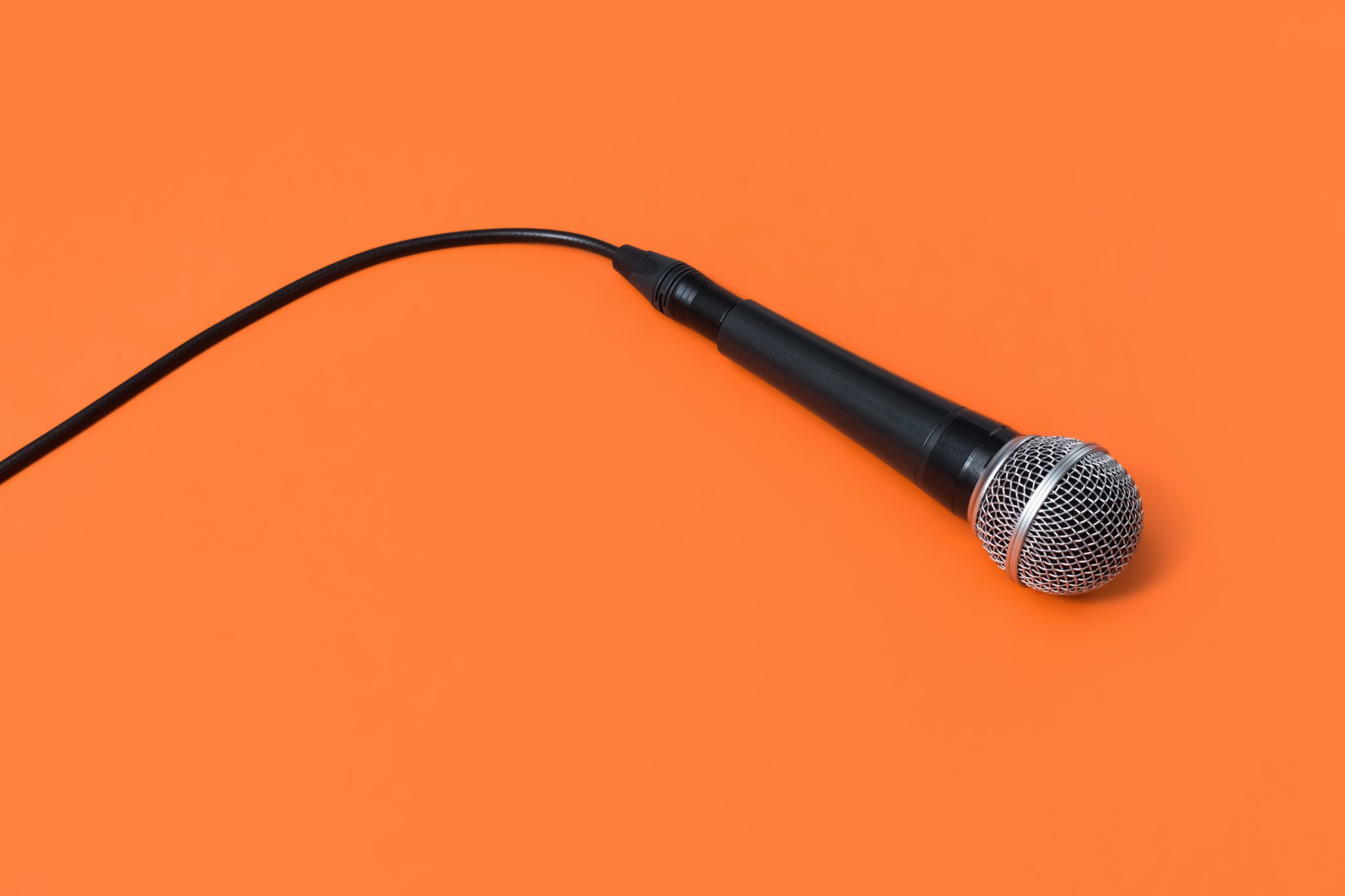The first Democratic primary debate of 2020 fittingly takes place in Iowa, where things…
What to Watch For: The Eighth Primary Debate

Next week is the first of three Democratic primary debates in February: February 7th in New Hampshire, February 19th in Nevada, and February 25th in South Carolina. With qualification criteria yet to be released for the last two debates, we do know that seven people have qualified for the first debate in New Hampshire so far (candidates have until February 6th to qualify). Out of seven confirmed participants, there will be two women on stage: Senators Amy Klobuchar and Elizabeth Warren. Here’s what I’ll be watching for during this month’s debates:
Electability arguments
In the last debate, Warren confronted the lingering question of whether a woman is “electable” head on, saying, “Look at the men on this stage. Collectively, they have lost 10 elections. The only people on this stage who have won every single election that they’ve been in are the women, Amy and me.” Klobuchar added, “So true.” Since then, her electability has been a main message for Warren on the campaign trail. It will be interesting to see whether is it addressed on the debate stage again, especially with voting set to begin before the first February debate.
Making the most of every debate
The three debates in February are the 8th, 9th, and 10th debates of the Democratic primary, and all of the candidates on stage have appeared in the majority of debates. A memorable debate moment can be a game changer when it comes to fundraising and support, and Warren showed in the January debate with her electability moment that there is still room to make an impact. Our Gender on the Ballot electability study showed voters believe a strong debate showing is a signal of electability. However, research also shows that women have to be careful: women pay a higher price for going negative, attacking an opponent is a risky way to get attention.
Handling a crisis
From the situation with Iran to the coronavirus outbreak in China, international crises are in the headlines and on the minds of voters. A key takeaway from new BLFF research: when it comes to electability, it is very important to voters that a woman candidate show she can handle a crisis. When it comes to illustrating their qualifications, women have to do more to convince voters they have the experience it takes, so it will be interesting to compare the responses of the male and female candidates when it comes to questions on these international issues.
Highlighting any bipartisan credentials
With the impeachment trial underway in the Senate, partisanship is on display. However, voters still value bipartisanship: research shows that in white women Democratic candidates in particular, the top trait that makes that candidate seem both qualified and likeable in the eyes of voters is “worked with members of the other party.” It will be interesting to see if Warren and Klobuchar showcase this trait during the debates. If they do, voters want to hear the details: a key factor when it comes to electability for women candidates is showing they can “get results.”






